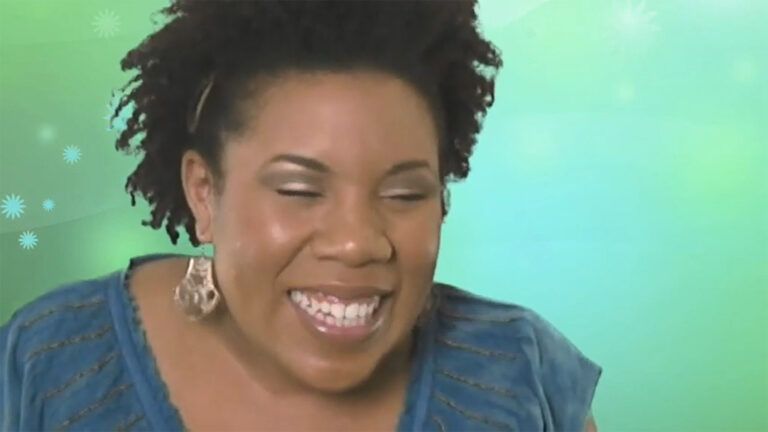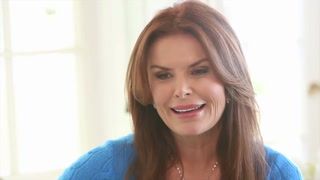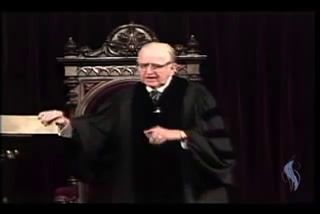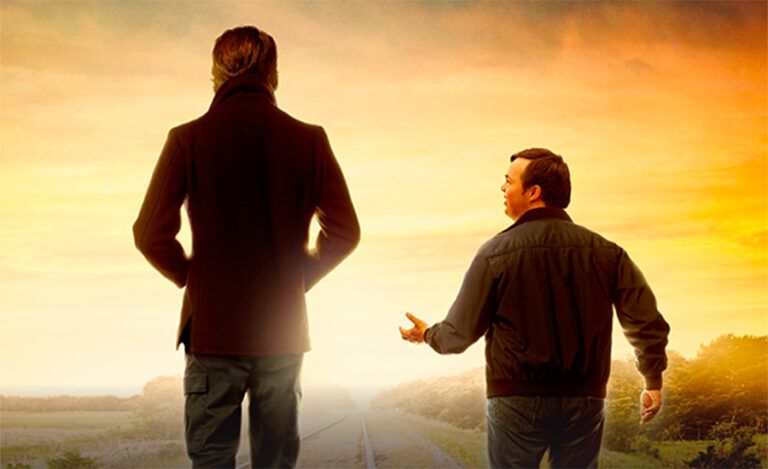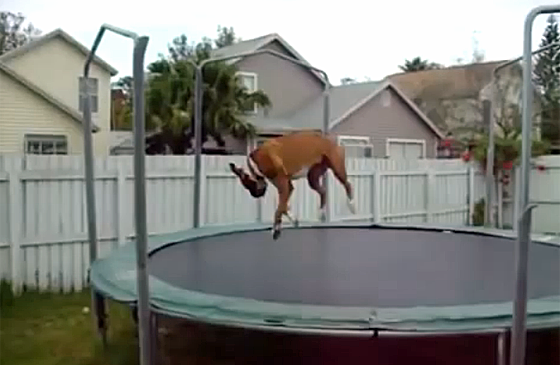
Married to a Meth Addict, She Had Difficult Choices to Make
Listen as Erin Leonhardt shares how she came to understand that she couldn’t “fix” her husband’s meth addiction, that in trying to help him, she was actually enabling him.
View Transcript
Hi, my name is Erin, and this is my story of overcoming addiction—or my family’s story. My husband had a problem with substance abuse, and we have a beautiful family [and] we’ve been able to make it through and overcome a lot of things and overall, our life is much better now.
I think the warning signs are different for everyone. In my case and in my story, the warning signs for me is that the truths don’t add up. And he wasn’t acting the same, or you don’t really—you can’t substantiate any of the claims that he made and inconsistent truths. Another warning sign is just that that gut feeling that something’s wrong, and you need to trust it and listen to your gut. A substance abuser can so confidently lie to you, but then you start believing it and so you just need to really trust that something’s wrong.
Other warning signs are losing money, obviously, or not going to a job consistently, no check stubs. Those are things that were consistent with my family problems. And just know that you need to save yourself, so if you feel that something’s wrong, it probably is.
If you suspect that your loved one is using drugs or alcohol, even if you’re not certain, I think you should confront them. And even if they don’t tell you the truth, I think that first step is to not deny it, that it’s happening, but actually confront. It’s really hard, especially if your loved one is your child or your husband or wife; but enabling is the absolute worst thing that you can possibly do.
Enabling is basically giving in to your addict and not letting them feel the actual consequences of what happens. It’s like kind of trying to save them over and over. And so in my case, the enabling, things that I did, were I would try to help him find a job, so I’d actually fill out his job applications or I would pay the mortgage or provide a place for him to stay without him being able to do those things. So he doesn’t feel the natural consequence of him failing.
Making excuses, bailing him out of jail, giving him money—all of those things are enabling, and it’s actually more harmful and hurtful to the person because then they depend on you, that codependency, and then the enabler ends up feeling all of that pain and shame and everything even more than the addict does because they are so absorbed in the drug that they don’t see what they’re doing to other people. So it’s really the codependents and the enablers that feel the brunt of the pain.
Al-Anon was probably the thing that saved me. I learned, first and foremost, that I wasn’t alone in this world—that many, many, many people are going through something similar—or different, but they’ve had that similar feeling of guilt and shame and enabling and learning that what you did isn’t your fault. I mean, what draws you together are similar stories.
But I remember my first meeting that I went to. I went into the meeting; I didn’t say one word. And when somebody just wanted to say hello to me at the end, I just clammed up and I went back into my car and I cried and cried and cried. And I’ve been to many meetings where all the person can do is just cry and cry and cry, but I think that’s the very first step—just going and getting there because it’s so helpful.
I think, without the struggle, you don’t have the gratitude. And so the yin and the yang of life, you have to go through some hard stuff, but you learn a lot about yourself, and your family needs get stronger because of it. So we’re doing really well, and we’re happy. And every day is a blessing, and every day we have gratitude.


